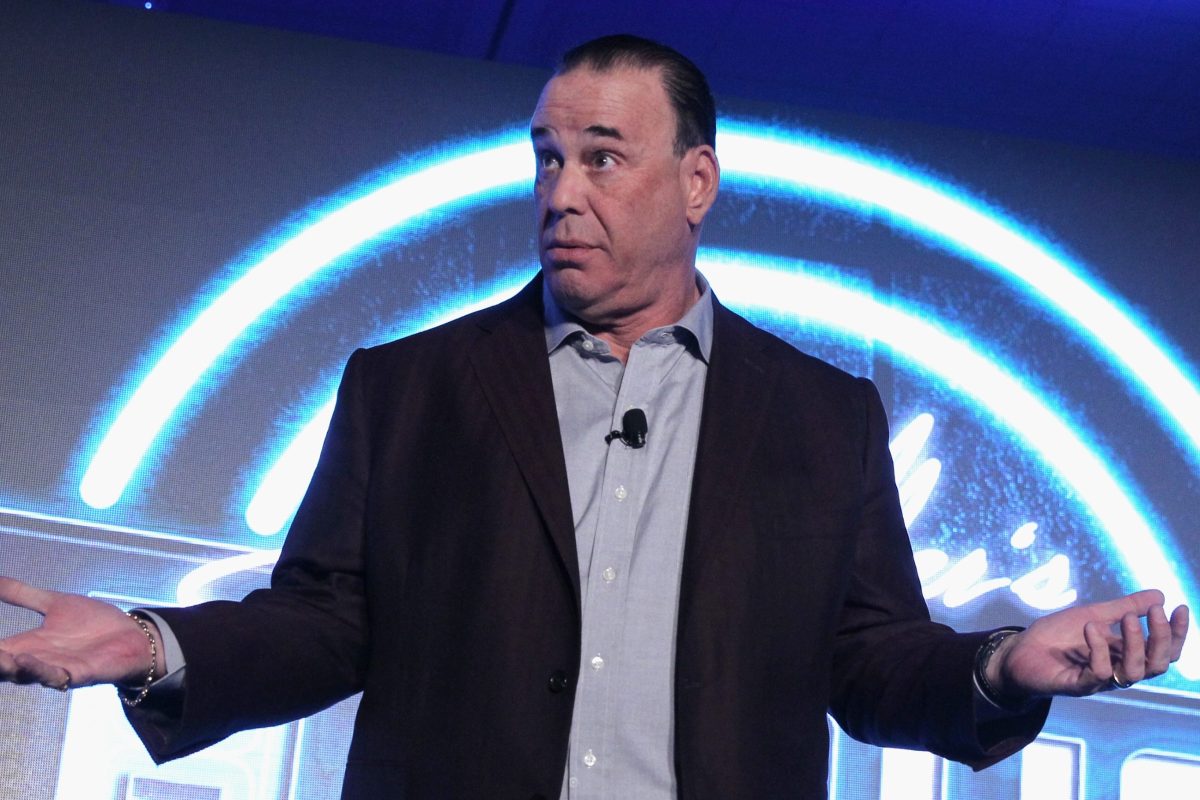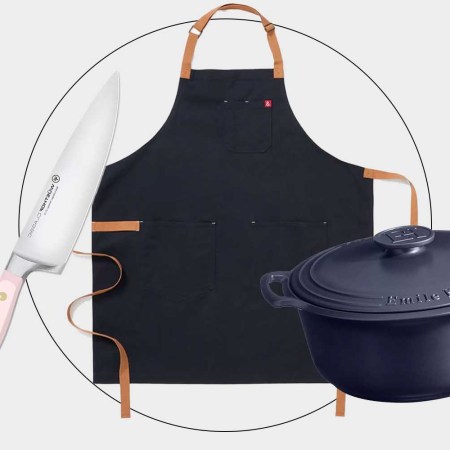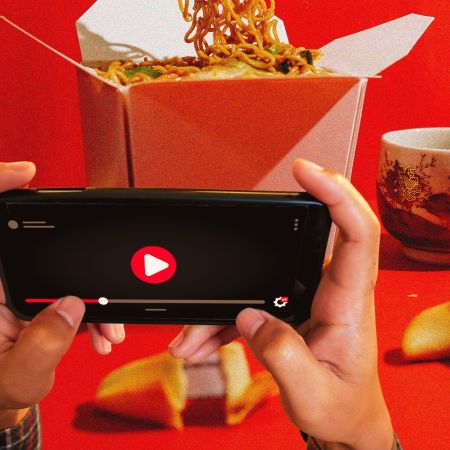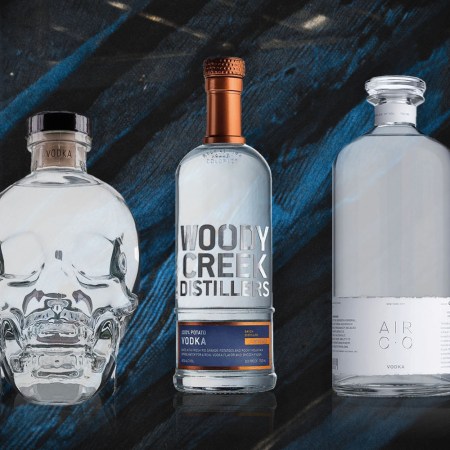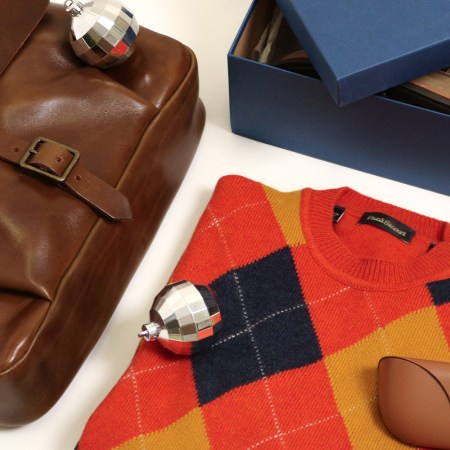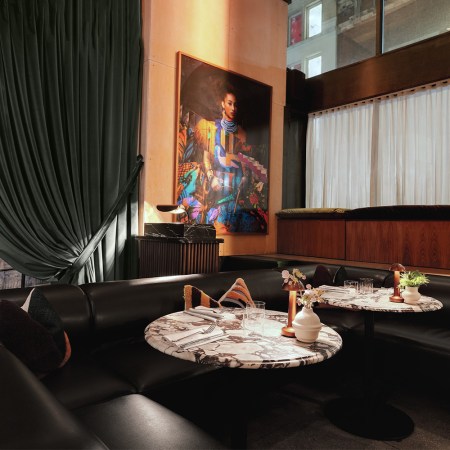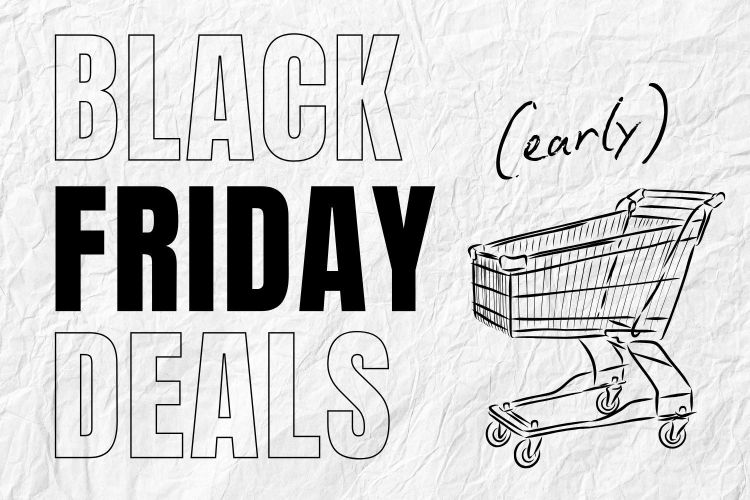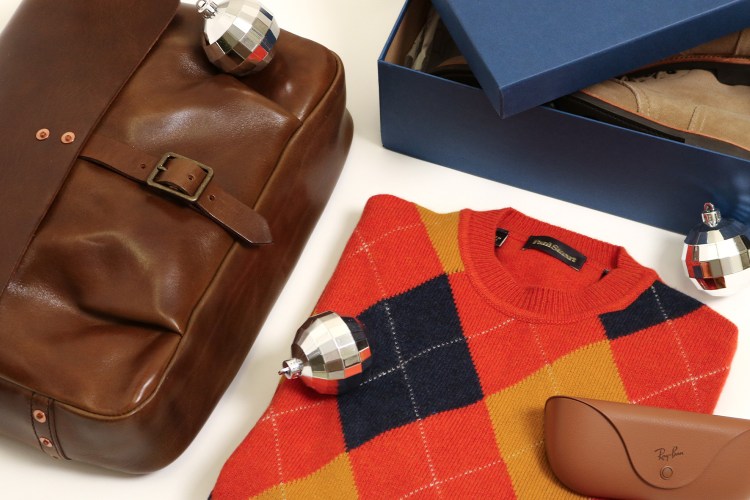Around this time two years ago, a night out with friends followed by a brunch at your local the following morning became an impossibility for many Americans as diners, drive-ins and dives were forced to close their doors and empty their tables and stools of paying customers due to the onset of the COVID-19 pandemic.
While things certainly aren’t even close to perfect in this new normal, restaurants and bars in the U.S. are in better shape than they were two years ago in the midst of the lockdown. Better shape, but a different shape — a shape that may never fully revert to resemble what it was before March of 2020.
No one knows that better than Bar Rescue host Jon Taffer, who has spent more than three decades in the restaurant, bar and nightclub business. That being the case, we tapped Taffer, who just returned to Paramount Network with a fresh batch of Bar Rescue episodes earlier this month, on the topic of the post-pandemic return to eating and drinking in the new normal.
InsideHook: Overall, what have you noticed about how bars and restaurants operate these days?
Bars are operating differently. From air scrubbers to hand sanitation equipment to new sanitation practices, that stuff’s not going anywhere. Operators are keeping the kitchens and bars cleaner and I think that’s going to last. What I didn’t expect post-pandemic was people not really keeping a distance from each other. I thought people wouldn’t be shaking hands as much and there would be a lot more elbow and fist bumps. I’m finding when I travel around the country, that’s not the case. People are standing right next to each other in bars and shaking hands and hugging like they used to. I’m a season-ticket holder to the Las Vegas Golden Knight so I go to a lot of hockey games. In the arena, it’s like it never happened. Everybody’s sitting next to each other drinking and they’re tight in the bars. We found something similar at NFL games when people who were told to wear masks often didn’t. So I’m not sure there is really a lasting impact on the consumer.
The pandemic led to the rise of the QR code and the downfall of cash. Is that permanent?
I think from a government perspective, an objective now is to move us to digital currency. A lot of nations are moving to digital currency. At some point in these next few years, I think paper money is going to disappear. The industry wants to go in that direction too with kiosks and automated payment programs. The convenience of a QR code— ordering with it, hitting pay, tapping your phone against a handheld device to pay, not having your credit card leave your hands into a back room—all that stuff is good. It streamlines the industry also. When there’s no paper money, there’s also nobody who needs to count that paper money. I just eliminated a job position.
Are physical menus, which many places have eliminated, headed the way of cash?
I think that the paper menu doesn’t go away and I don’t think the QR code goes away either. I think both stay and that there’s going to be an opportunity for both. As a restaurant merchandiser, I can get more money out of you with the paper menu than I ever can with a QR code menu. If you’re looking at the whole menu at once, I can move your eyes and let you see price relationships rather than scrolling down on a little screen. As a restaurant guy, I hate QR codes. As an operator and as a consumer I hate them. I’m always going to be a proponent for the paper menu and I think the industry’s going to follow as well.
What’s the future for the to-go cocktails some cities allowed during the pandemic?
New York allowed them during the pandemic and it really helped for them to do that. Now they pulled it away, which I was hoping they weren’t going to do. The argument of it is, “Oh, minors are going to get cocktails. People are going to be driving drunk.” But there was not one incident in New York where that happened. It was a great case study because it worked really well. I was really disappointed when they pulled it and hope it comes back. The industry controlled it and the consumer was responsible. It should continue. In markets that don’t allow it, what if I sold you a deconstructed margarita? It’s the best margarita in the world and you put in your own tequila. There are opportunities for bars to sell products utilizing high-end mixology that you add your own alcohol into. I think there are a lot of opportunities to get back into that space and a lot of cities are starting to have looser open container laws.
Can customers do anything to make things easier for establishments that are struggling?
We’re struggling to get our employees back right now and that’s a bummer for us. Our costs are really high and we don’t have the same number of employees. My best friends operate some of the largest casinos in Las Vegas and they’ve had a hard time. Some of them are running with about 20% fewer employees than they normally would. They’re short maybe 2,000 people, but they’ve learned how to operate their casinos without those people. For example, I ordered room service in my hotel this morning and it was delivered by a robot, not a person. The robot came down the hall, rang my doorbell, its head opened up and I took my breakfast out. Then it turned and went down the hallway and got into the elevator with guests and went downstairs. Employees haven’t come to fill these jobs, but the industry has to go on. We’re going to see more robotics, more automated systems and more kiosks. We can’t find the labor so we’re going to solve it with technology. I think customers can appreciate the situation that restaurants are in right now. If you love a restaurant, let the employees know it. Help us create a positive work environment. The second public building in any city in America was a bar. The first was a church. Bars are the centerpiece of a great community so we want to keep those environments and those places going. That adds character to the communities we live in.
Do you have to tip the robot?
No, you don’t. That’s great too.
Join America's Fastest Growing Spirits Newsletter THE SPILL. Unlock all the reviews, recipes and revelry — and get 15% off award-winning La Tierra de Acre Mezcal.
